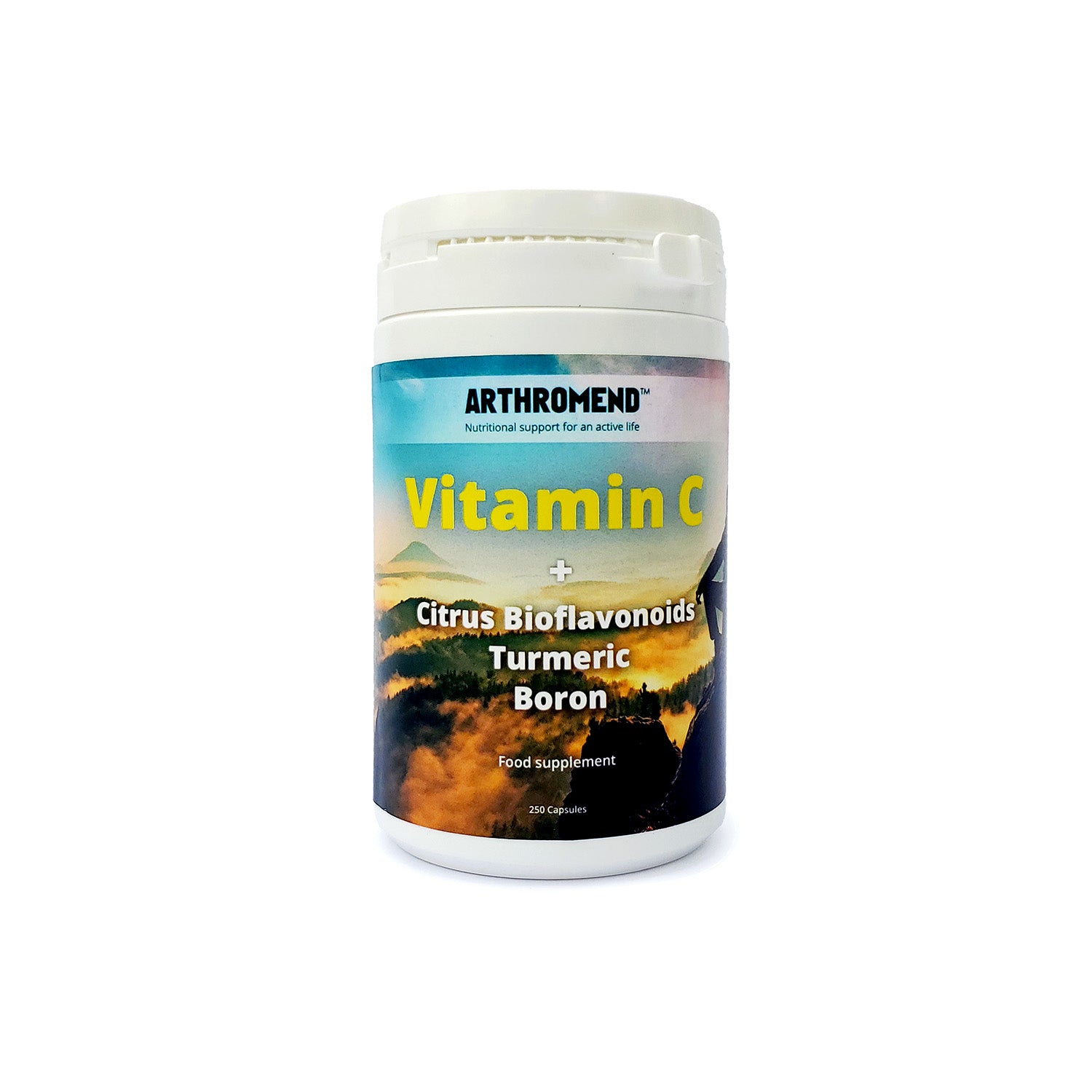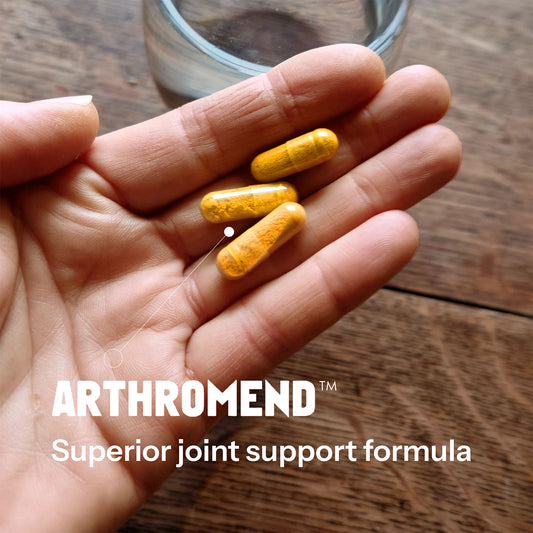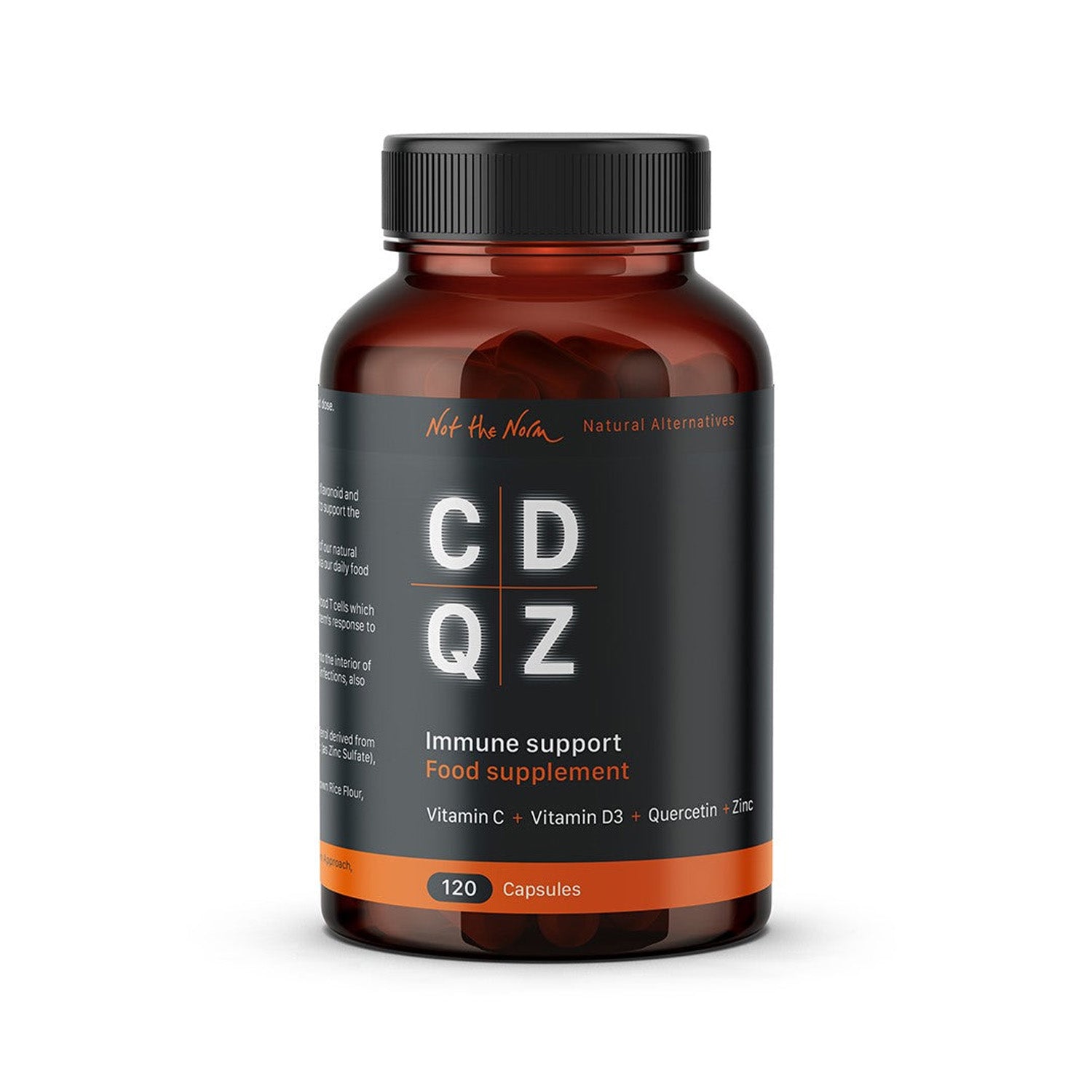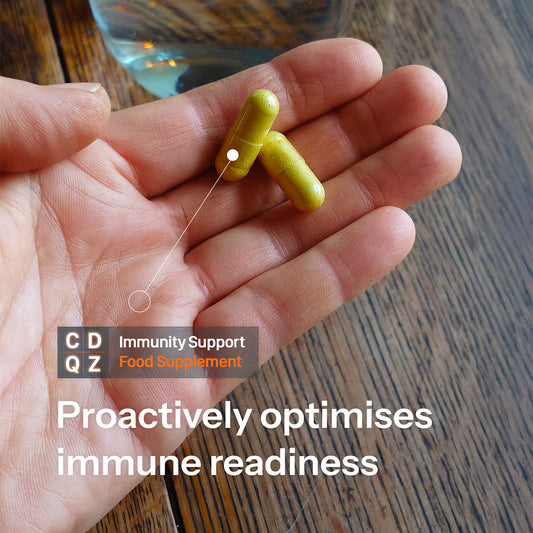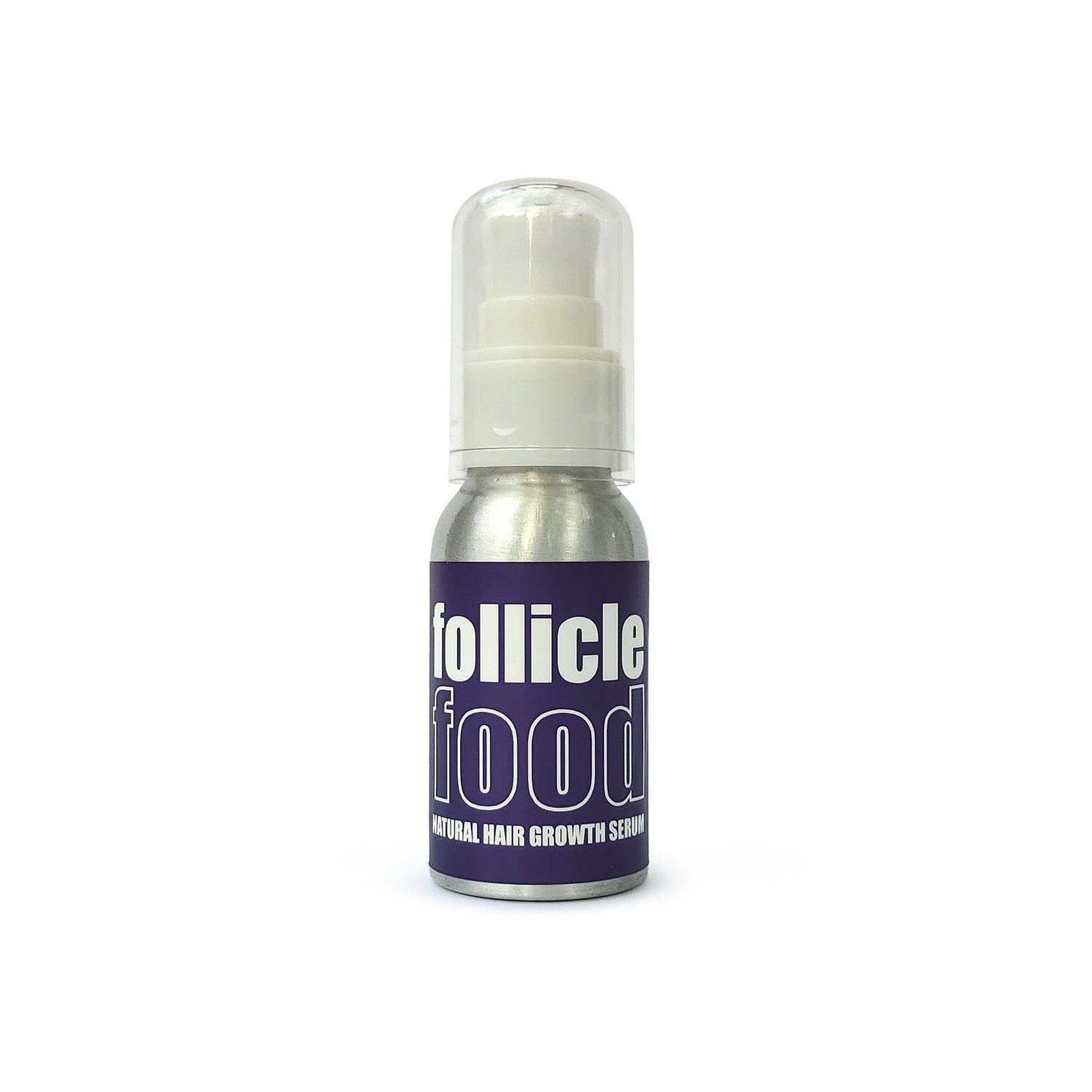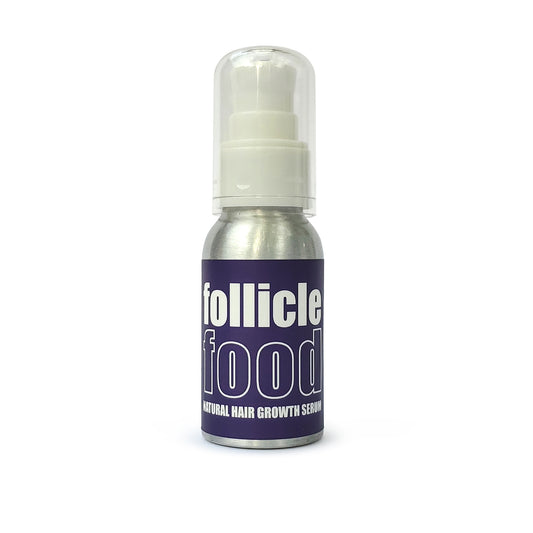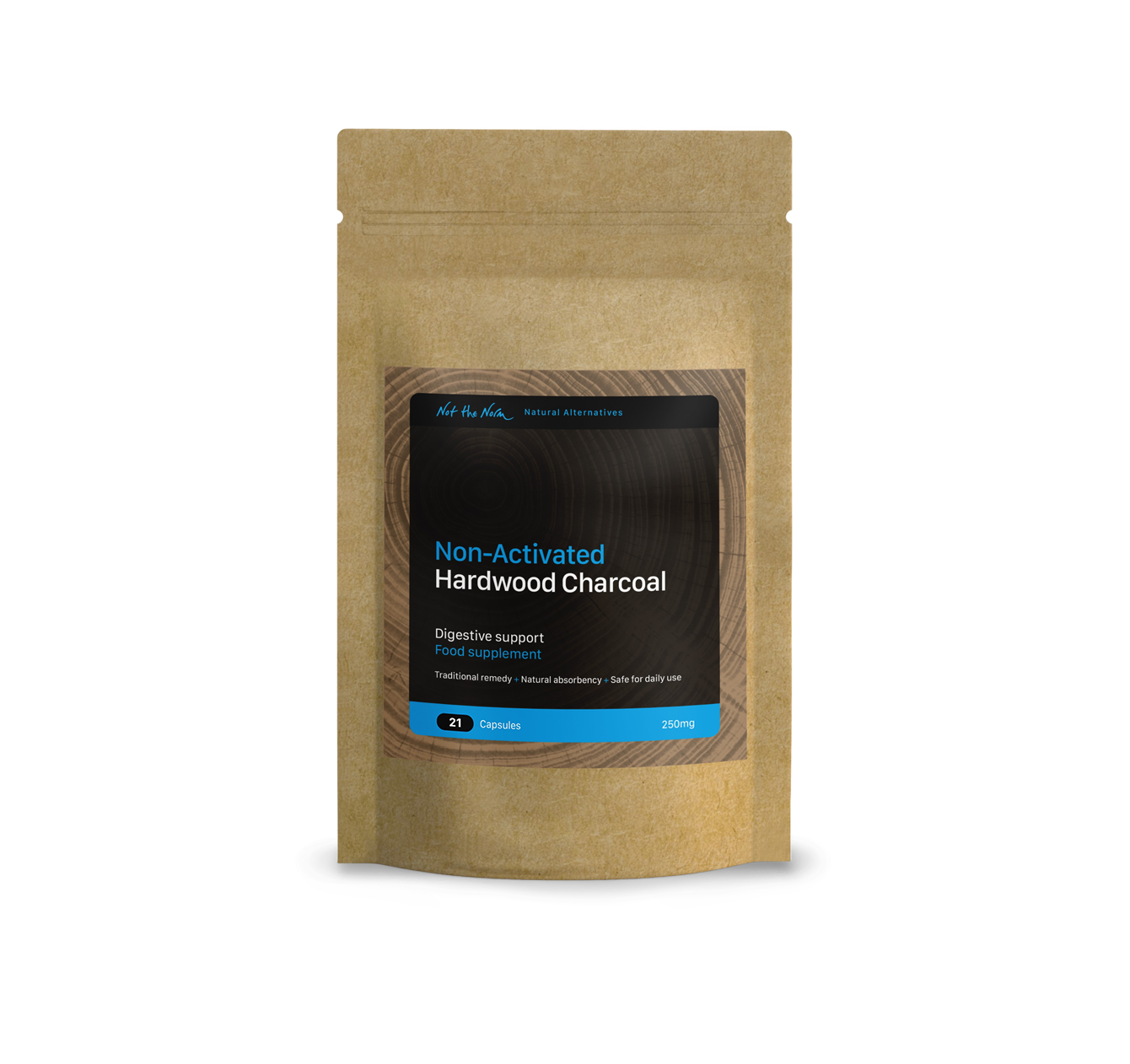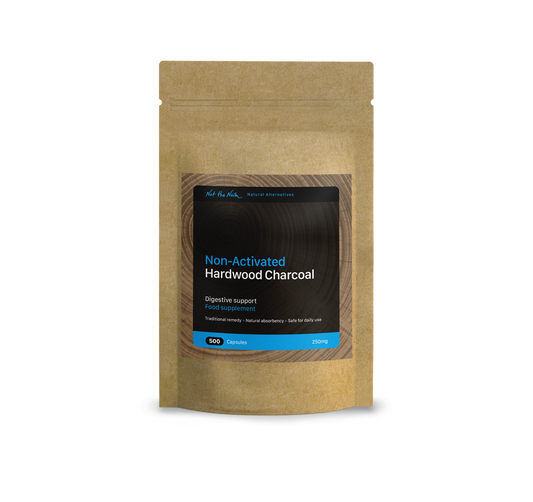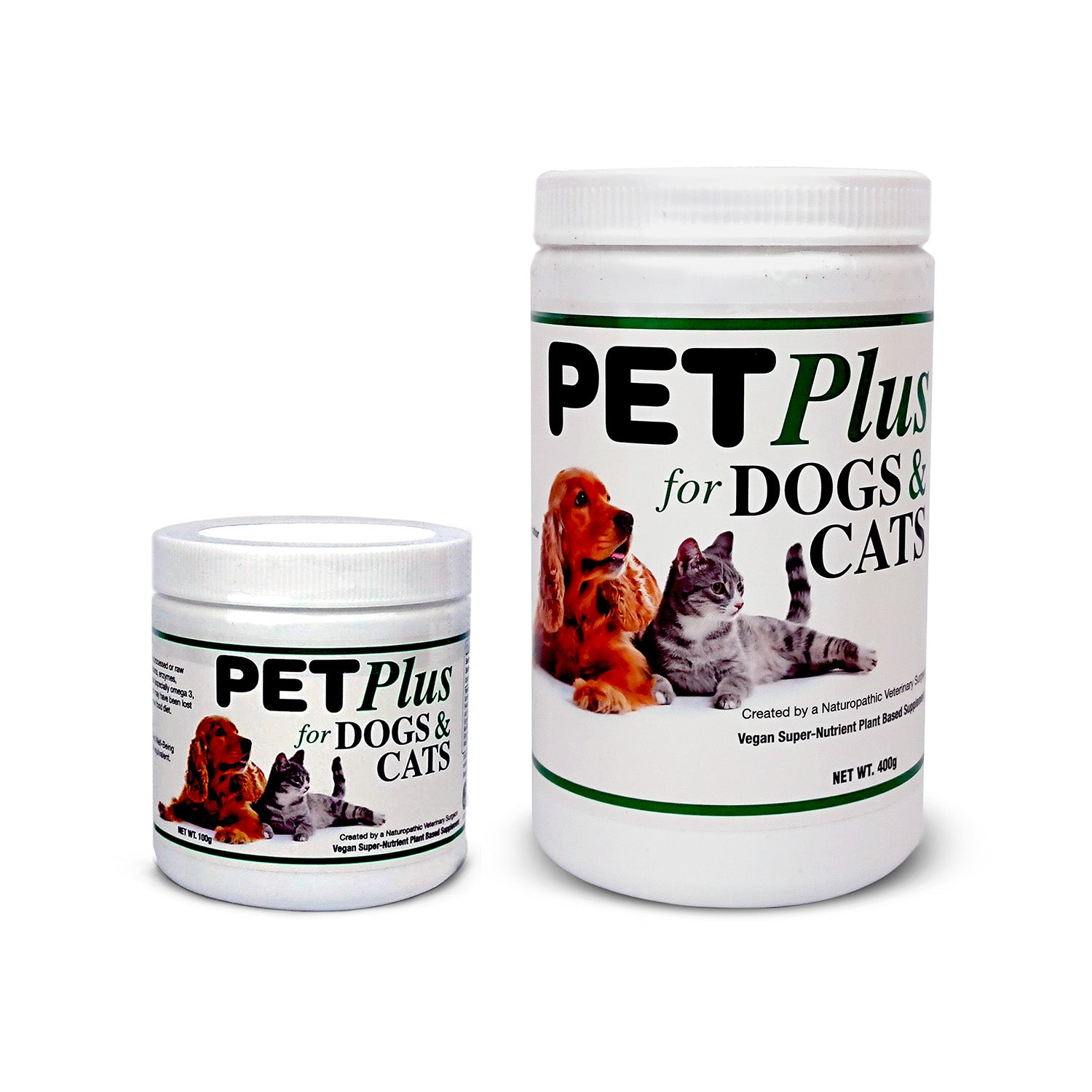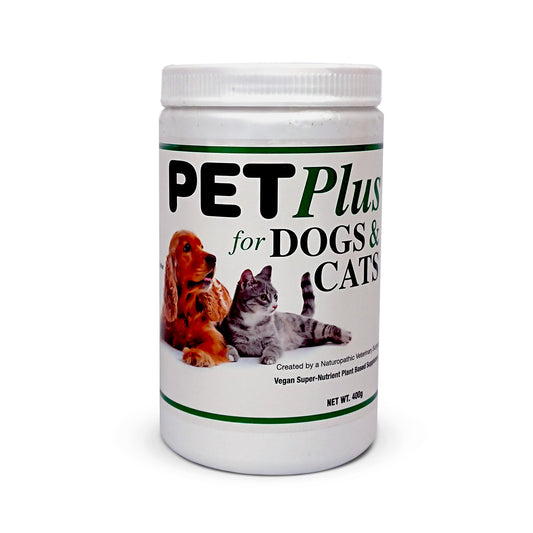As a loving cat parent, it's heartbreaking to see your furry friend scratching non-stop, dealing with mysterious skin issues, or having trouble breathing. If this sounds familiar, your cat might be suffering from a type of allergy you may not have heard of: Th2-mediated allergies.
Much like humans, cats can experience allergic reactions that result from an overactive immune response. But instead of the immune system protecting the body, it starts working against it — and that’s when problems arise. So, let's dive into what Th2 allergies are and how you can help your cat feel better.
What Exactly Are Th2 Allergies?
Th2 (Type 2 T-helper cell) allergies occur when your cat’s immune system goes into overdrive in response to everyday allergens, like dust mites, pollen, or certain foods. In a normal situation, your cat’s immune system should be able to deal with these harmless substances without a fuss. But in cats with Th2 allergies, their immune system sees these allergens as a threat, causing inflammation and other uncomfortable symptoms.
Here’s what happens: Th2 cells kickstart the production of IgE antibodies, which release histamines that lead to itching, skin irritation, and even respiratory issues.
Common Th2-Related Allergies in Cats
There are three main types of Th2-driven allergic reactions you should be aware of:
-
Atopic Dermatitis: Does your cat seem to scratch constantly or have patchy fur loss? Atopic dermatitis is a chronic skin condition where environmental allergens, like pollen or dust mites, trigger itching, redness, and sometimes painful infections. Your cat might over-groom or bite at their skin in an attempt to relieve the itching, only making the problem worse.
-
Feline Asthma: You may be surprised to learn that cats can suffer from asthma too. Feline asthma is an inflammatory condition of the respiratory system caused by an overactive Th2 response. Symptoms include coughing, wheezing, and difficulty breathing. It’s more common than you might think, especially in cats exposed to airborne irritants like smoke or dust.
-
Food Allergies: Some cats develop Th2-mediated food allergies, where certain ingredients in their diet (often proteins like beef, dairy, or fish) trigger symptoms like vomiting, diarrhea, or itchy skin. If you notice that your cat reacts badly after eating, it might be time to consider a food allergy as the culprit.
Managing Th2 Allergies in Cats
Caring for a cat with Th2 allergies might seem daunting, but there are several ways to manage their symptoms and improve their quality of life:
-
Avoiding Allergens: The first step is to identify what’s triggering your cat’s reaction. Whether it’s a certain type of food or environmental factors like pollen or dust, reducing their exposure to allergens can make a big difference.
-
Medications: Antihistamines, corticosteroids, and other treatments can help reduce inflammation and calm your cat’s overactive immune response. Your vet may also recommend special shampoos or creams to relieve itching.
-
Immunotherapy: In some cases, your vet may suggest allergy shots or drops to help desensitize your cat’s immune system over time. While this is a more long-term approach, it can help reduce symptoms significantly.
A Natural Solution: Introducing Yamoa
If you’re looking for a more natural way to help your cat combat Th2 allergies, there’s a promising option you should know about — Yamoa. This supplement is derived from the bark of the Funtumia elastica tree and has been shown to help modulate the immune system.
How does Yamoa work? Unlike traditional allergy treatments that only target symptoms, Yamoa helps your cat's immune system find balance. It encourages the body to shift from an overactive Th2 response to a more normal Th1 response. This helps reduce allergic reactions at their root, rather than just masking the symptoms.
The Benefits of Yamoa:
- Immune System Support: Yamoa helps recalibrate the immune system, reducing the overreaction to allergens.
- Supports Respiratory Health: For cats suffering from asthma, Yamoa can help open up the airways and make breathing easier.
- Easy to Use: Simply mix it into your cat’s food twice a day. Within a short period, you’ll likely notice a reduction in allergic symptoms as their immune system gets back on track.
Help Your Cat Live a Healthier, Happier Life
Th2 allergies may sound complicated, but with the right approach and a little help from natural supplements like Yamoa, you can significantly improve your cat’s comfort and quality of life. If your cat is struggling with allergies, take the first step towards relief by trying Yamoa. It’s easy, natural, and can give your furry companion the boost they need to feel like themselves again.
For more information on Yamoa and how it can help your cat, check out our sister website, YamoaPowder.com and discover how this natural remedy could make all the difference for your feline friend.








